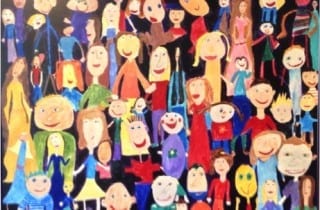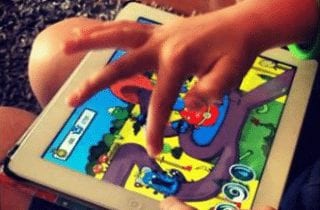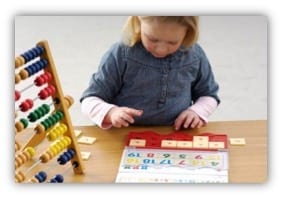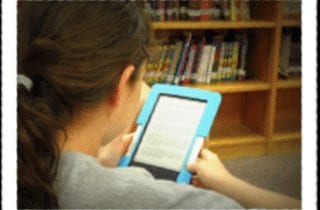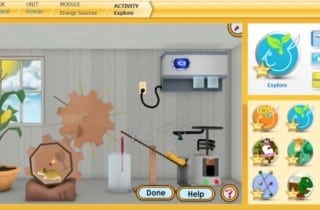Susan M. Brookhart, Ph.D. focused on creating or adapting rubrics for classroom use. The session emphasized how to write criteria and performance level descriptions that assess student learning and how to involve students in using rubrics.
Art is a language—in fact it’s children’s first written language and the only universal language that communicates across the globe, regardless of what tongue people speak. Today we live in the “visual age.” Art and design are even more important skills to develop than ever before, as we prepare students to communicate in all sorts of new media. Art-infused education helps students visually communicate thoughts and feelings.
Are you curious about game-based learning, but don’t know where to begin? This webinar covered what to look for in a game, where to get good games for learning, and strategies to integrate games into the system of a classroom.
Medal of Honor Recipient Bennie G. Adkins told his personal story during this special webinar presented by the Congressional Medal of Honor Foundation. This interview was an exciting learning opportunity for students. In the East Room of the White House on September 15, 2014, President Obama awarded the Medal of Honor to Adkins, a highly decorated Vietnam Veteran.
Teachers and students have an overabundance of information at their fingertips to make teaching and learning more “real time” than ever before. Teachers are no longer the lone “giver of knowledge” that they once were. How do teachers not only find engaging content for their students, but how can they also be creators of engaging content? What are ways we can curate and organize this content?
When technology integration is at its best, a student or a teacher does not stop to think that he or she is using a technology tool – it’s second nature. Students are more actively engaged in projects when technology tools are a seamless part of the learning process. “Cool Cat Teacher” Vicki Davis presented ways you can differentiate instruction in your K–12 classroom with technology.
Developing a conceptual understanding of numbers and how they work is critical for continued success in mathematics throughout a child’s academic career. Brian Mowry reviewed and discussed the knowledge and skills — in particular those related to verbal counting, enumeration, cardinality, and small number recognition — which develop in the preschool years and lay the foundation for good number sense.
In this annual review of new developments in eContent delivery, participants learned about platforms, services, licensing options, new product “packaging,” spending models, and content availability. Michelle Luhtala also reviewed recent research on student usage of eContent, and participants discussed anticipated changes in evolving patron needs.
Communities can be as small as a family and close friends or as large as the whole world. Children today are inheriting our global world where they can interact and work with people nearly anywhere. In this webinar, learn about the free Greenleaf Program, an online virtual community with students halfway around the world, that will give your students a unique insight into children and culture.
Science is a subject that should be experienced, but you don’t need a fancy white coat, expensive equipment, or a lab with bubbling beakers for this to happen. Two influential educators from the Florida Virtual School discussed how they are tackling early elementary science, while making it engaging, fun and meaningful!



